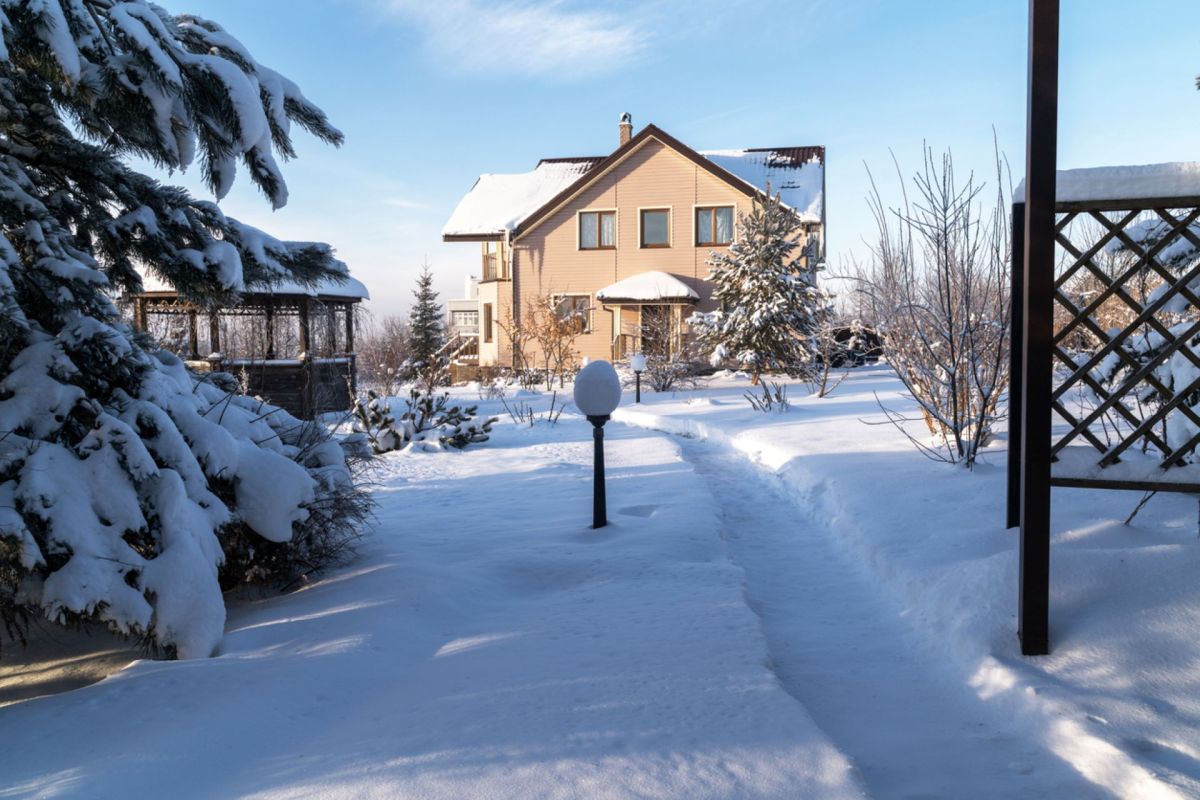Winter is coming. But thankfully for those of us in cold places, a small army of electric snow blowers is available to help us face the grim prospect of moving mountains of snow...and to do so without spewing nasty gas pollution.
Of course, shoveling is an option, but this isn't always ideal. And, assuming electric blowers do their job, we might save our backs and some bucks and keep the planet's air a bit cleaner in the process.
For many of us, though, there is one ice-cold question: Do they blow? Based on an increasing number of website reviews, the answer is yes, there are electric options to clear the cold stuff.
"Battery snow blowers are really nipping at the heels of comparably sized gas models, and they offer advantages that gas snow blowers can't match," says Dave Trezza of Consumer Reports.
CR details those advantages as not needing fuel or the level of maintenance of gas devices; being quieter, lighter, simpler to start, and easier to handle; and offering low-entry-price models.
Yet there are other important considerations for going electric.
First, how deep, wet, and commonplace is your snow? For the heaviest of snowfalls, electric blowers don't yet match up to high-end gas counterparts in the sheer ability to clear volumes.
Second, do you need a "two-stage" device with separate mechanisms to lift and throw snow? Or could you use a "single-stage" blower, which lifts and throws in one motion? Two-stage tools are stronger and better for clearing heavier snow quickly; single-stage options are usually cheaper and lighter but weaker.
Third, would you consider a corded model? These offer big cost savings and are lighter, but handling a long cord can be a hassle. Several review sites don't recommend any of these models, and they aren't ideal for longer driveways or accumulations over a few inches — but they are decent budget options.
Another consideration: if you already have a battery-powered tool such as a leaf blower or lawn mower, you'll save money if you can buy the same brand and use the batteries you have, as CR points out.
A consensus top-end electric pick across several review sites is the EGO POWER+ Self-Propelled 2-Stage Snow Blower. This device, which CR calls "the best battery blower we've ever seen," can be found for $1,399 with batteries and a charger or $849 for just the machine.
Among other higher-power two-stage devices, Ryobi's 40V HP ($1,699) and Toro's Power Max e24 ($1,599) also made multiple "recommended" lists. (Prices include batteries unless otherwise noted.)
For single-stage battery models at moderate price points, EGO has the POWER+ Snow Blower, available for $649 with batteries and $449 without them. The Toro Power Clear e21 ($749) also earned nods from multiple websites.
For smaller jobs, Greenworks' Electric Snow Shovel ($349.99) or Corded Snowthrower ($199.99) may suffice. And the Snow Joe SJ618E Electric Walk-Behind Single-Stage Snow Blower ($169.99 or less on Amazon) is one of several compact, lightweight, corded "snow throwers" Snow Joe offers that don't earn the top reviews but are among Amazon bestsellers for meeting basic, budget needs.
Whatever you choose, the potential benefits are huge. Measuringstuff.com ran numbers on the gas a conventional snow blower uses and determined that costs might add up to $120 in a year with high gas prices if clearing a large area multiple times a week.
Meanwhile, Utah's Department of Environmental Quality estimates that an hour of snow-blowing with a typical gas engine pollutes as much as driving a car 339 miles.
The department helped run a trade-in for participants to swap old gas devices for discounts on electric ones.
In an event description, the DEQ's Courtney Ehrlich summed up the benefits of the swap: "After switching to an electric snow blower, you will be able to breathe a little easier about firing up a snow blower right after a snow storm."
Join our free newsletter for easy tips to save more, waste less, and help yourself while helping the planet.









